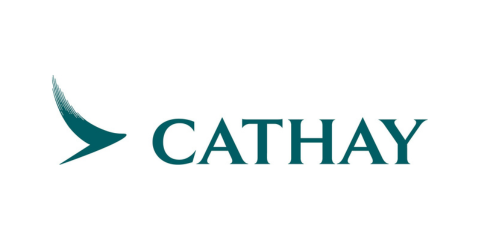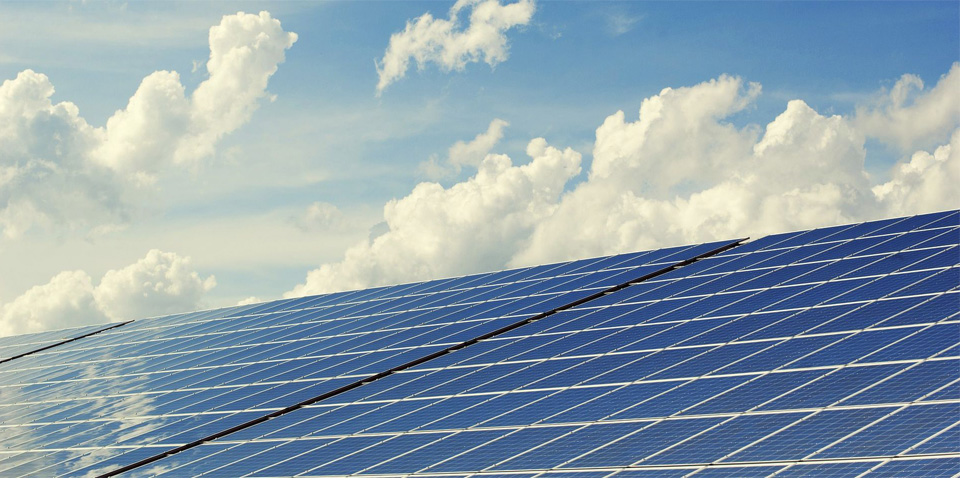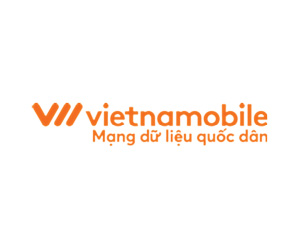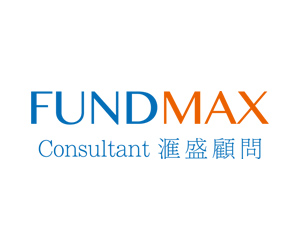Want to be in the loop?
subscribe to
our notification
Business News
CRITICAL REFORMS NEEDED TO FULLY TAP EVFTA
The EU-Vietnam Free Trade Agreement (EVFTA) could boost Vietnam’s GDP by 2.4% and exports by 12% by 2030 and lift an additional 100,000-800,000 people out of poverty by 2030. Such benefits should be capitalized on as the country is aggressively responding to the Covid-19 pandemic.
This statement was recently released by the World Bank (WB) in the report, “Deepening International Integration and Implementing the EVFTA”.
The report argues that Vietnam could benefit even more from the next-generation trade deals such as EVFTA and Comprehensive and Progressive Agreement for Trans-Pacific Partnership (CPTPP) if they stimulate a comprehensive agenda of economic and institutional reforms to facilitate compliance with non-tariff agreements. The report estimates that such reforms would improve productivity, increase GDP by 6.8%, relative to the baseline scenario, by 2030. The report highlights the need for Vietnam to increase capacity to handle certain key issues, including rules of origin, animal and plant sanitary standards, and investor-State dispute settlement.
If Vietnam can act in a decisive manner to fill in legal and implementation capacity gaps, it can capitalize on a trade deal whose direct benefits are estimated to be largest in the country’s history, said Mr. Ousmane Dione, World Bank Country Director for Vietnam.
“With Covid-19 acting as a reset button and EVFTA as an accelerator, now is the perfect time to embrace deeper domestic reforms,” he said.
The report cites the rules of origin requirement as one of the key challenges for Vietnam to overcome. Even if an item is produced in Vietnam, EU importers might not determine it as such due to the high dependence on imported materials. The report finds that in key export manufacturing industries, a majority of inputs are sourced from foreign countries (for instance, 62% in electronics and 53% in the automotive sector).
The report calls for greater efforts to improve linkage between domestic suppliers and foreign enterprises as lead firms in major global value chains.
At the same time, rigorous European food safety standards make it imperative for Vietnam to improve the clarity and consistency of its sanitary measures. By one estimate, the cost of full compliance with existing non-tariff measures in Vietnam will be equivalent to a 16.6% tariff (higher than a regional average of 5.4%).
Vietnam needs to fill major legal gaps and address key implementation issues to reap the full benefits of EVFTA, which is expected to be ratified by Vietnam’s National Assembly in its May meeting.
The introduction of EVFTA is expected to bring more investors into Vietnam both from Europe and from the rest of the world. As the flows of foreign investment increase, so does the number of commercial grievances. The report calls for accelerated development of a Systemic Investment Response Mechanism to settle disputes between investors and the State.
The report also makes the case for prioritizing key sectors that make up the bulk of Vietnamese exports to the European market for Covid-19 economic recovery efforts, to maximize the benefits of the trade deal.
Source: VCCI
Related News

VIETNAM’S GDP TO GROW 5.5% THIS YEAR – WB
This forecast is based on the assumption of a moderate recovery in manufacturing exports in 2024, fueled by rebound growth of 8.5% year-on-year in the fourth quarter of 2023 and 17.2% year-on-year in the first quarter of 2024, reflecting strengthening global demand, said Dorsati Madani, senior country economist at the WB in Vietnam.

FARE REFUND FOR VISA REJECTION
Cathay Pacific will offer full refunds for cases of visa rejection to provide you with the confidence to explore the world with ease. If you are planning to fly to a destination that requires an entry visa, you can now book with greater peace of mind.

FOUR COMMODITIES POST Q1 EXPORT VALUE OF OVER 5 BILLION USD
The total export turnover of agricultural, forestry, and fisheries products in the first three months of 2024 is estimated to reach 13.53 billion USD, an increase of 21.8% compared to the same period of 2023.

MOIT PROPOSES SCHEME TO BOOST RENEWABLE ENERGY PROCUREMENT
The proposed Direct Power Purchase Agreement (DDPA) mechanism, outlined in the draft decree, targets organisations and individuals consuming electricity from the 22kV power grid or higher, with a monthly consumption averaging 500,000kWh. However, residential households are excluded from direct procurement.

REAL ESTATE BONDS PLACE PRESSURE ON ISSUING FIRMS
The ministry’s recent report underscores concerns within Vietnam’s corporate bond market for 2023 and 2024. It emphasizes the critical need to address hindrances to the real estate sector in line with the objectives provided in Government Resolution No. 33/NQ-CP, which aims to stabilize the industry.

DA NANG CUSTOMS FOCUSES ON DEVELOPING CUSTOMS-BUSINESS PARTNERSHIPS
Da Nang Customs Department issued an action plan for developing customs-business partnership in 2024. One of the new events this year is the workshop on “Settlement reports for enterprises engaged in outsourcing, export production and export processing” held in Da Nang Customs Department on April 16, 2024.

































